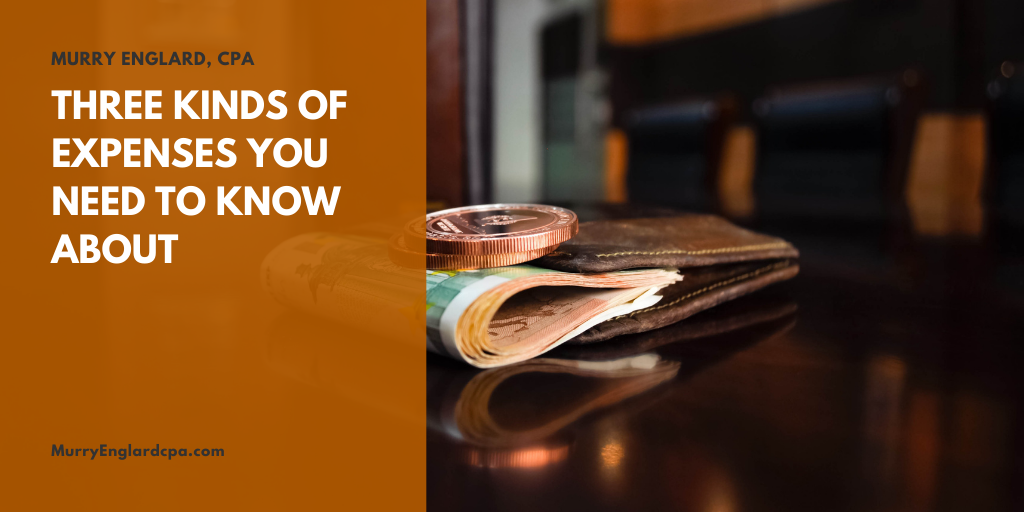When working out your budget, whether it is for home or business, it is vital to understand the three types of expenses: fixed, variable, and discretionary.
Fixed expenses
Items that cost you the same per month are “fixed” in place and do not typically change. These include:
Rent and mortgage payment
Car payment
Child care
Cell phone
Internet
Cable
Monthly membership fees, including monthly charitable giving
Keep in mind that some fixed expenses could reset after a predetermined period. For example, if you have a variable-rate mortgage, you could pay more per month after a predetermined date. It is best to get in touch with your lender to review the original contract.
Another example is fee-based communication technologies such as cell phones, cable, and internet service. These services are often provided to the user at a discount for the first year. After that, the monthly charge can go up as much as three times the original offer. Again, it is best to check the original contract to see if there is anything you can do to keep the original payment.
Variable expenses
Budget items that change in cost from month to month are variable. These expenses are based mainly on consumption. Some examples are:
Groceries
Fuel
Car maintenance
Utilities such as gas and electric
Business travel
Clothing
Medical co-pays
Charitable giving, when not split into monthly payments
Variable expenses are harder than fixed payments to the budget. Most financial planners advise giving more latitude to this category when allocating the money to cover these items.
Discretionary expenses
A sub-category of variable expenses, these items can be the most difficult to budget. These non-essential costs include:
Leisure travel
Eating out
Entertainment
Hobbies
Holiday and birthday gifts
The list is almost endless. The key here is not to make this category a priority but to use sound “discretion” when spending on these items.
Now that you have an idea of the three main budget categories, it is easier to decide where to allocate your hard-earned cash.
It is good to start with your fixed expenses since these items will stay with you for a long time, then work down to variable costs, and then on to your discretionary expenses.

